7 Health Benefits Of Plantains, Nutrition Facts, And Disadvantages
Lower your blood pressure and boost your immunity with this unique vegetable!
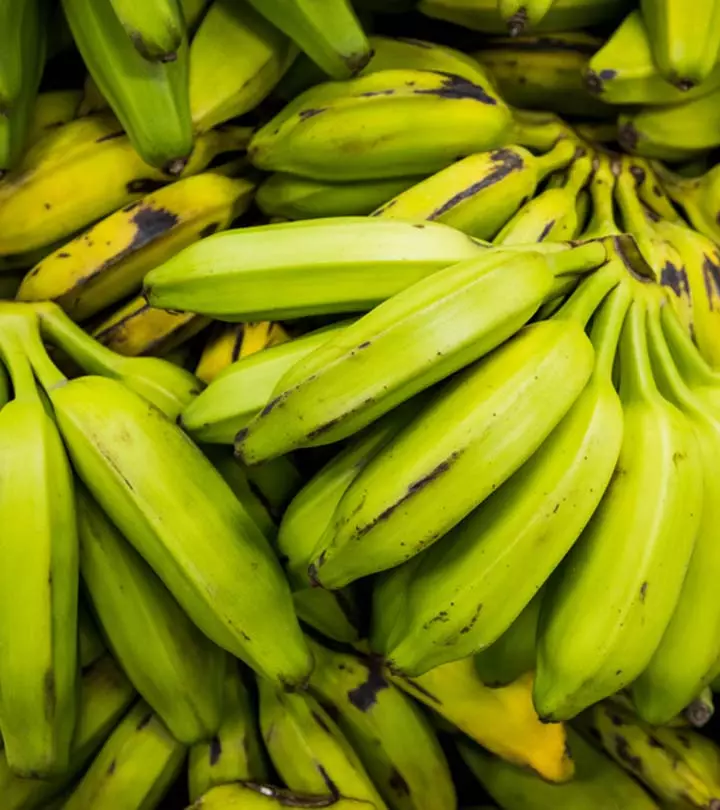
Image: Shutterstock
Plantains look like bananas and are preferred for their unique taste. They are generally consumed after steam cooking or frying and are very convenient to use. And, in case you want to introduce them into your diet and are wondering, are plantains healthy? Are plantains good for you? Well, we’re here to tell you that this versatile vegetable offers many health advantages. They are considered healthy whole foods due to their rich vitamin, fiber, potassium, and antioxidant content. Continue reading to learn more about the benefits of plantains and the nutrition they offer.
 Know Your Ingredient: Plantain
Know Your Ingredient: PlantainWhat Is It?
Plantain is a type of starchy fruit similar to a banana belonging to the Musaceae family.
What Are Its Benefits?
It may help in promoting cardiovascular health by lowering blood pressure, reducing oxidative stress, weight management, and improving the digestive system.
Who Can Consume It?
It can be safely consumed by all except for those on anticonvulsant medication.
How Often?
You can consume it daily but in moderation.
Caution
Overconsuming them may lead to bloating, gas, or constipation.
In This Article
What Are Plantains?
Plantains belong to Musaceae, the banana family. They look similar to large bananas. These are also commonly referred to as green bananas. In fact, the benefits they provide are also quite similar to the benefits of green bananas. Plantains are also known as cooking bananas because they commonly serve as a source of flavor. Their color varies from green to yellow or dark brown, depending on how ripe they are. Their skin is typically thicker and firmer than that of bananas. Adding plantains to your diet can make them a tasty and healthy substitute for traditional starchy foods.
Also, plantains are starchy and not very sweet. Consuming them raw could be unpleasant, and hence, cooking is required. Plantains are cultivated in tropical regions all around the world and are used in a variety of cuisines. Cooking bananas are widespread in West and Central Africa, northern South America, and the Caribbean islands.
 Trivia
TriviaPlantains are nutrient-rich fruits that provide many vitamins and minerals. They could be a great substitute for rice or potatoes. In addition to being naturally high in complex carbohydrates, vitamins, and minerals, plantains are also easily digestible. The following section provides information about these macro and micronutrients.
Key Takeaways
- Eating plantains may improve cardiovascular health and regulate blood pressure.
- It may boost the immune system, aid in weight management, and reduce oxidative stress.
- Their dietary fibers may promote digestion and improve bowel movements without spiking sugar levels.
- Plantains should not be eaten raw. Chop plantains only before you plan to cook them, otherwise they change color and texture.
Nutrition Facts Of Plantains
100 g of plantains contain the following nutrients (1):
| Calories | 152 kcal |
| Carbohydrates | 36.7 g |
| Fiber | 2.2 g |
| Protein | 1.25 g |
| Potassium | 431 mg |
| Vitamin C | 20.2 mg |
These nutrients add great value to plantains and can be attributed to the many health benefits they offer. Learn more about them in the next section.
Health Benefits Of Plantains
1. May Lower Blood Pressure

The nutritional profile of plantains is very similar to bananas. A study shows that Asian bananas may lower blood pressure significantly. It also reduces the risk of strokes and renal disease, and promotes digestive function (2). Potassium also prevents blockages in the blood vessels and supports artery health. Other studies also support the role of dietary potassium intake in lowering blood pressure (3).
Anthony Baidooh, a farmer and YouTuber, talks about the benefits of eating plantain peels. He observes in one of his vlogs how it helped him regulate his blood pressure levels to the point where he notes: “Every time I go to the hospital, when they check my blood pressure, heartbeat, those things….it’s excellent! I have been practicing and taking it and mind you that has really helped me a lot (i).”
2. May Promote Cardiovascular Health
A fiber-rich plantain may lower your cholesterol levels and promote heart health. Individuals who consume significant amounts of fiber can reduce their risk of cardiovascular disease and the associated mortality. Dietary fiber also helps reduce total serum cholesterol and low-density lipoprotein cholesteroli Cholesterol that travels through the blood on proteins and is also known as “bad cholesterol.” Elevated levels can increase the risk of heart disease. (4).
Also, as discussed, the potassium in plantains helps control blood pressure. This also can have a positive impact on cardiovascular health.
3. May Reduce Oxidative Stress

Polyphenols and flavonoids are beneficial plant compounds found in plantains. Activated free radicals damage the body and cause oxidative stress. But these polyphenols and flavonoids combat the free radicals and protect the body from damage. Additionally, plantains contain vitamin C, an antioxidant that prevents free radical damage. Antioxidants also prevent free radicals from causing tissue damage by scavenging them (5).
4. May Support The Immune system
The vitamin C in plantains acts as an antioxidant to help boost the immune system. Antioxidants help prevent the free radicals from damaging the body. They also prevent illnesses and boost the body’s immunity.
Plantains also contain vitamin A that has anti-inflammatory properties and helps regulate immune function. Vitamin A is required for the development of the immune system. It also plays a regulatory role in cellular and humoral immune processesi The body’s immune response where antibodies are generated tailored to specific antigens (foreign material). (6).
5. May Help With Weight Management

The fiber in plantains keeps you feeling full for longer. An increased intake of fiber also helps reduce weight gain. Dietary fiber intake also promotes weight loss and dietary adherence in adults consuming a calorie-restricted diet (7).
6. May Promote Digestive Health
Fiber helps maintain regular bowel movements. It softens the stool and makes it easier to pass. Bulky stools are also less likely to cause constipation. Research has shown that the most widely known and appreciated benefits of dietary fiber are their effect on gut motility and the prevention of constipation. The dietary fiber in plantains can contribute to good digestive health (8).
7. May Help Manage Diabetes

Plantains are widely used by people with diabetes for managing their blood sugar levels. As they are low in sugar, plantains may help prevent a hyperglycemic effect. Unripe plantains are a natural source of resistant starch, which helps control blood sugar levels. According to a study, increasing dietary fiber in the diets of people with type 2 diabetes is beneficial and can help manage the disease (9).
You can reap all these benefits if you add plantains regularly to your diet. Read on to learn more.
How To Incorporate Plantains Into Your Daily Diet
, a Registered Dietician, says that depending on the ripeness of the plantain, you can choose to create a sweet or savory dish. If you are looking to prepare a savory dish, you can create tostones. On the other hand, if you are looking for something sweet, you can make them with cinnamon. Scroll down to learn how to make these easy and delicious recipes at home.
Tostones
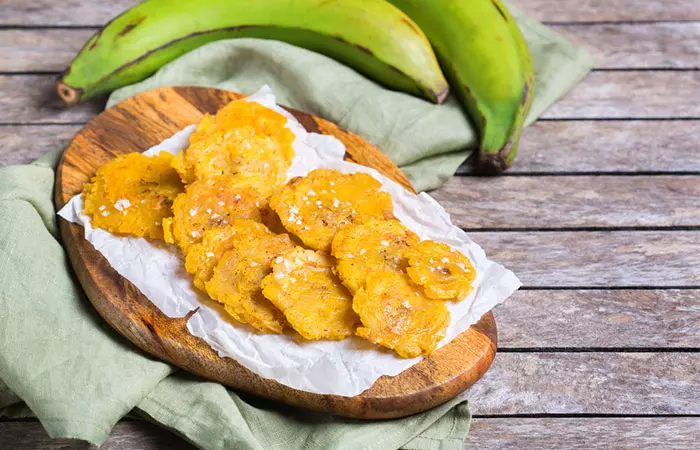
- Slice the plantain in thick slices.
- Place the slices in boiling water and cook them for 15-20 minutes or until they are soft.
- Smash them to flatten them out.
- Place them in the air fryer to cook them a little more. Cook them at 180oC for 10-15 minutes or until golden.
- Once cooked, add some avocado (healthy fats) and some chicken (protein) to make a complete dish.
Cinnamon Plantains
- Cut the plantains into rectangles and slice them in half.
- Add some brown sugar (one tablespoon per plantain), vanilla, and cinnamon.
- Put them in the air fryer and cook them for 10-15 minutes.
There are easy ways to store plantains so you can use them fresh in recipes. Check out the next section to learn how.
How To Store Plantain
It is important to distinguish between the ripening stage of plantains to store them properly. Allow the plantains to ripen at room temperature until the skin turns yellow with black spots. At this stage, you can keep ripe plantains in a plastic bag to slow down further ripening and store them in a refrigerator for up to a week. For extended storage periods, peel and slice them, then place the slices in a freezer bag or an airtight container. Ensure that they are well-sealed so you can freeze them for up to six months. This way, you can enjoy their versatility in various dishes at your convenience.
Although plantains are a nutritious addition to your diet, they also may have some potential downsides that you should consider. Learn more in the next section.
Disadvantages Of Plantains
- Unlike bananas, plantains are not generally eaten as they are. One must peel the plantain correctly to consume it. Plantains, instead of being eaten raw, have to be cooked beforehand.
- Plantains are generally fried for consumption as a side dish. Having plantains fried considerably increases their calorie content. This can also destroy their water content. The high fat content from frying can increase the risk of obesity and cardiovascular disease.
- Chopped or sliced plantains cannot be stored as they may change their color and texture. Hence, you may have to peel and chop them just before cooking them.
- Excessive consumption of plantains will result in a high intake of carbohydrates, which may not be appropriate for people following low-carb diets or those who have diabetes.
Infographic: Top 5 Reasons For Eating Plantains
Plantains are regularly used in South American and Caribbean cuisines for their sweet taste. These delicious tropical fruits are rich in vitamins, fiber, potassium, and antioxidants — all of which are required for vital bodily functions. Check out the infographic below to know the reasons for including plantains in your diet.

Illustration: StyleCraze Design Team
Conclusion
Plantains are very similar to bananas. However, they do not contain as much sugar as bananas. They are better suited to cuisines with a savory taste. Although high in starch, this edible fruit is nutrient-rich and has less sugars than other fruits. They are usually fried, boiled, or turned into flour. Incorporating them into your diet in healthy ways can offer important benefits.
Frequently Asked Questions
How can plantains help with digestion and gut health?
Varsha Khatri, a Registered Dietitian Nutritionist, says, “Fiber-rich, plantains are good for digestion. Plantains’ resistant starch acts as a prebiotic and supports a well-balanced microbiome by providing food sources to the gut bacteria. This improves the digestive system, inhibits inflammation, and raises more regular bowel movements.”
Can plantains be a good alternative to processed and refined carbohydrates?
“Yes, plantains make for an incredible substitute for processed and refined carbohydrates. Unlike their counterparts; processed ones, plantain contains complex carbohydrates which are digested slowly, resulting in a steady energy release and better blood sugar control. Besides this, they are also loaded with essential vitamins such as potassium and vitamin C, making them more nutritious than refined carbs,” says Varsha.
Is plantain safe to consume during pregnancy and while breastfeeding?
Varsha says, “In case they are cooked properly, pregnant mothers can safely eat plantains while breastfeeding. They give you plenty of needed nutrition and energy mainly from folate which is crucial during pregnancy, especially for proper baby development inside the womb. Nevertheless, just like any other type of food, it’s vital to take them in moderation, hence they should be incorporated into a balanced diet plan.”
Is plantain a superfood?
Yes. Plantain is a rich source of vitamins, minerals, and fiber with many health benefits, and is considered a superfood.
Is boiled plantain healthy?
Yes. Boiled plantains are healthy, and they contain high dietary fiber. These are very similar to potatoes but contain more vital nutrients.
Is plantain good for your skin?
Yes. Plantain has been used to treat inflamed skin or dermatitisi A common skin condition in which skin becomes dry, itchy, thickens, and discolored around the ankles or shins. and heal wounds (10).
Is plantain good for the kidney?
Unripe plantain was found to be more effective in treating renal dysfunction (11). However, more studies are warranted to understand the benefit of plantains in this regard.
Illustration: Health Benefits Of Plantains Nutrition Facts And Disadvantages

Image: Stable Diffusion/StyleCraze Design Team
Discover the amazing health benefits of plantains! Learn why you should add this delicious fruit to your diet. Find out the top 10 reasons to eat plantains in this informative video.
Personal Experience: Source
StyleCraze's articles are interwoven with authentic personal narratives that provide depth and resonance to our content. Below are the sources of the personal accounts referenced in this article.
(i) Traditional Health Benefits of Plantains/Bananas Peelshttps://www.youtube.com/watch?v=AuJj6ZubDEY
References
Articles on StyleCraze are backed by verified information from peer-reviewed and academic research papers, reputed organizations, research institutions, and medical associations to ensure accuracy and relevance. Read our editorial policy to learn more.
- Plantains
https://fdc.nal.usda.gov/fdc-app.html#/food-details/168215/nutrients - Association of raw fruit and fruit juice consumption with blood pressure: the INTERMAP Study1,2,3,4
https://www.ncbi.nlm.nih.gov/labs/pmc/articles/PMC3628377/ - The importance of potassium in managing hypertension
https://pubmed.ncbi.nlm.nih.gov/21403995/ - Dietary Fiber Is Beneficial for the Prevention of Cardiovascular Disease: An Umbrella Review of Meta-analyses
https://www.ncbi.nlm.nih.gov/pmc/articles/PMC5731843/ - Free radicals, antioxidants, and functional foods: Impact on human health
https://www.ncbi.nlm.nih.gov/pmc/articles/PMC3249911/ - Role of Vitamin A in the Immune System
https://pubmed.ncbi.nlm.nih.gov/30200565/ - Fiber Intake Predicts Weight Loss and Dietary Adherence in Adults Consuming Calorie-Restricted Diets: The POUNDS Lost (Preventing Overweight Using Novel Dietary Strategies) Study
https://pubmed.ncbi.nlm.nih.gov/31174214/ - The Health Benefits of Dietary Fibre
https://www.ncbi.nlm.nih.gov/pmc/articles/PMC7589116/ - Dietary fiber for the treatment of type 2 diabetes mellitus: a meta-analysis
https://pubmed.ncbi.nlm.nih.gov/22218620/ - Medicinal plants used in treatment of inflammatory skin diseases
https://www.ncbi.nlm.nih.gov/pmc/articles/PMC3834722/ - Effect of Unripe Plantain (Musa paradisiaca) and Ginger (Zingiber officinale) on Renal Dysfunction in Streptozotocin-Induced Diabetic Rats
https://www.primescholars.com/articles/effect-of-unripe-plantain-musa-paradisiaca-and-ginger-zingiber-officinale-on-renal-dysfunction-in-streptozotocininduced–98750.html#:~:text=in%20this%20study.-,CONCLUSION,some%20detailed%20explanation%20regarding%20this
Read full bio of Rowinda Dimech
- Varsha Khatri is a Registered Dietitian Nutritionist, Ayurvedic consultant, certified nutritional therapist, and senior yoga teacher. She holds a Master's degree in Holistic Health Education and Nutrition from John F. Kennedy University. She runs Illuminated Health, offering personalized nutrition consultations, online wellness coaching, and health education. With over a decade of experience, Varsha blends holistic health and Ayurveda to help clients achieve their wellness goals. She also creates educational materials for individuals and corporate clients, promoting proactive self-care and disease prevention.
 Varsha Khatri is a Registered Dietitian Nutritionist, Ayurvedic consultant, certified nutritional therapist, and senior yoga teacher. She holds a Master's degree in Holistic Health Education and Nutrition from John F. Kennedy University. She runs Illuminated Health, offering personalized nutrition consultations, online wellness coaching, and health education. With over a decade of experience, Varsha blends holistic health and Ayurveda to help clients achieve their wellness goals. She also creates educational materials for individuals and corporate clients, promoting proactive self-care and disease prevention.
Varsha Khatri is a Registered Dietitian Nutritionist, Ayurvedic consultant, certified nutritional therapist, and senior yoga teacher. She holds a Master's degree in Holistic Health Education and Nutrition from John F. Kennedy University. She runs Illuminated Health, offering personalized nutrition consultations, online wellness coaching, and health education. With over a decade of experience, Varsha blends holistic health and Ayurveda to help clients achieve their wellness goals. She also creates educational materials for individuals and corporate clients, promoting proactive self-care and disease prevention.
Read full bio of Aparna Mallampalli
Read full bio of Ravi Teja Tadimalla
Read full bio of Payal Karnik







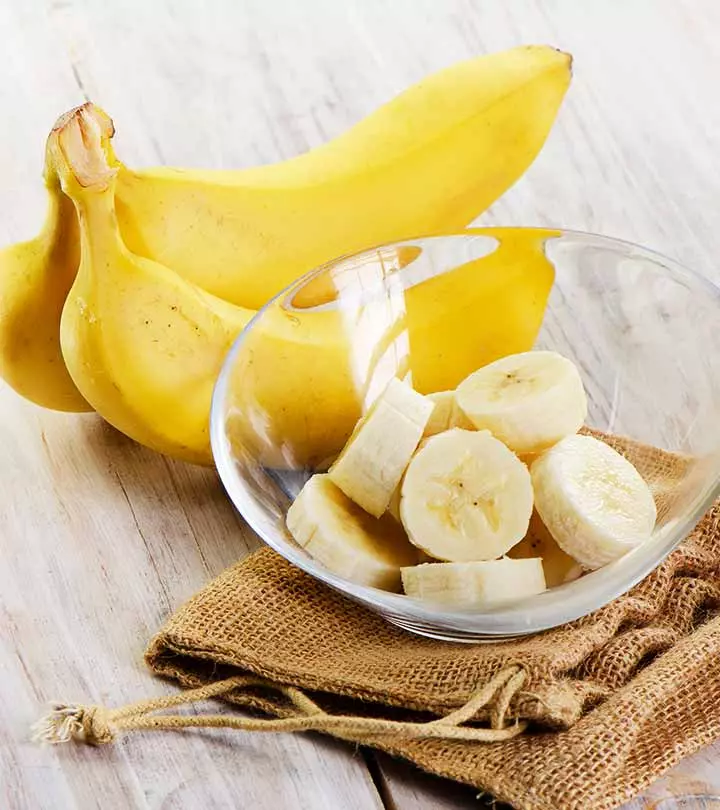
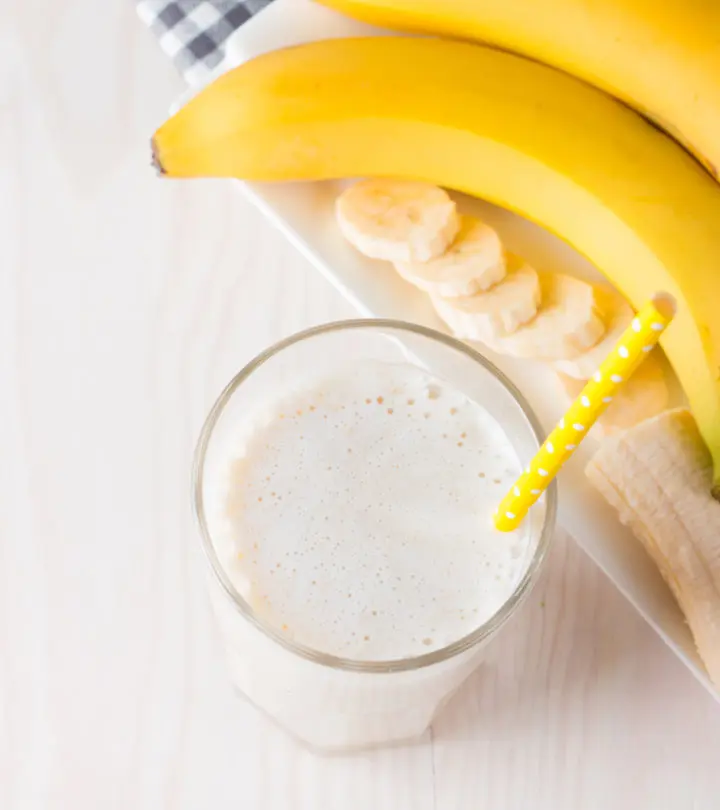
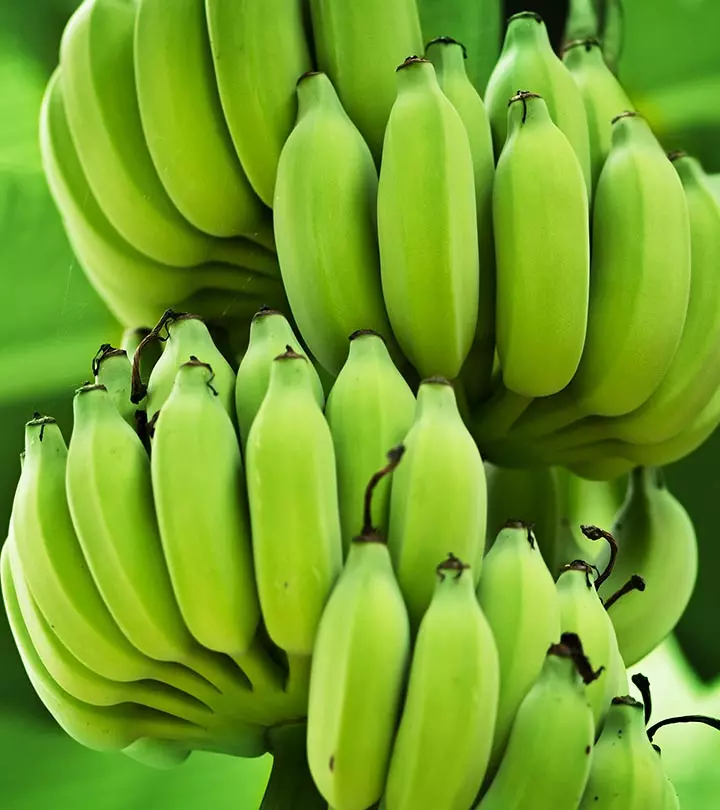
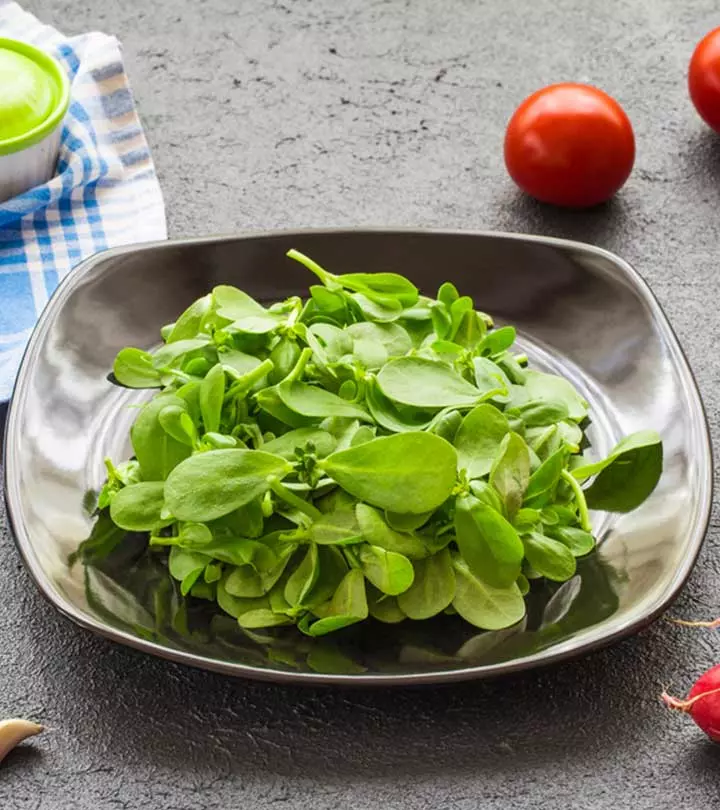
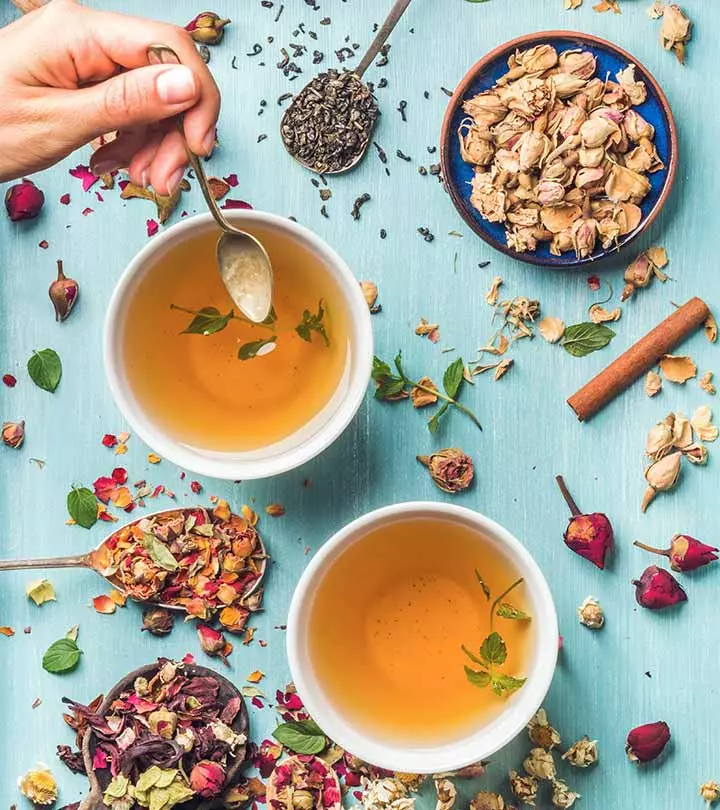
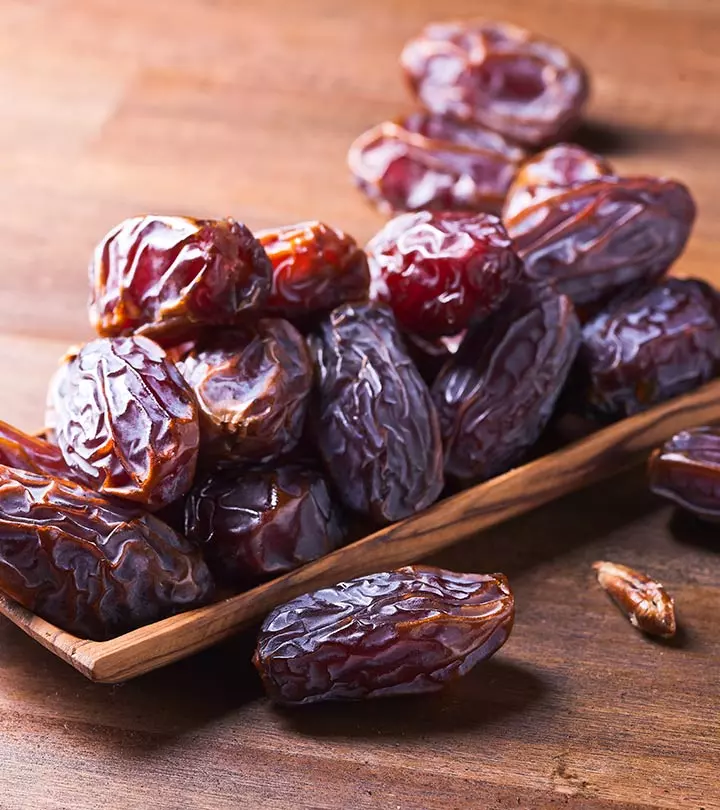
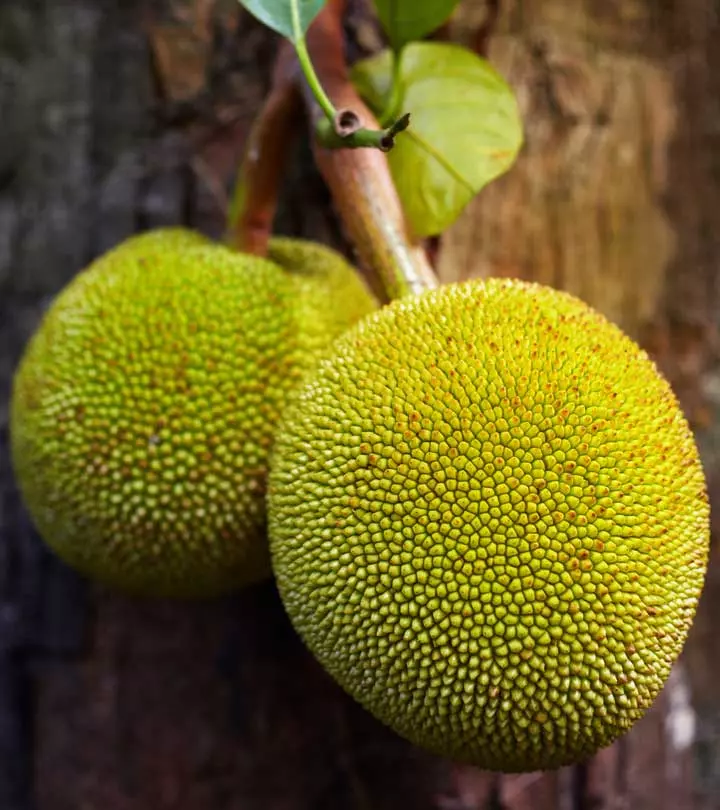
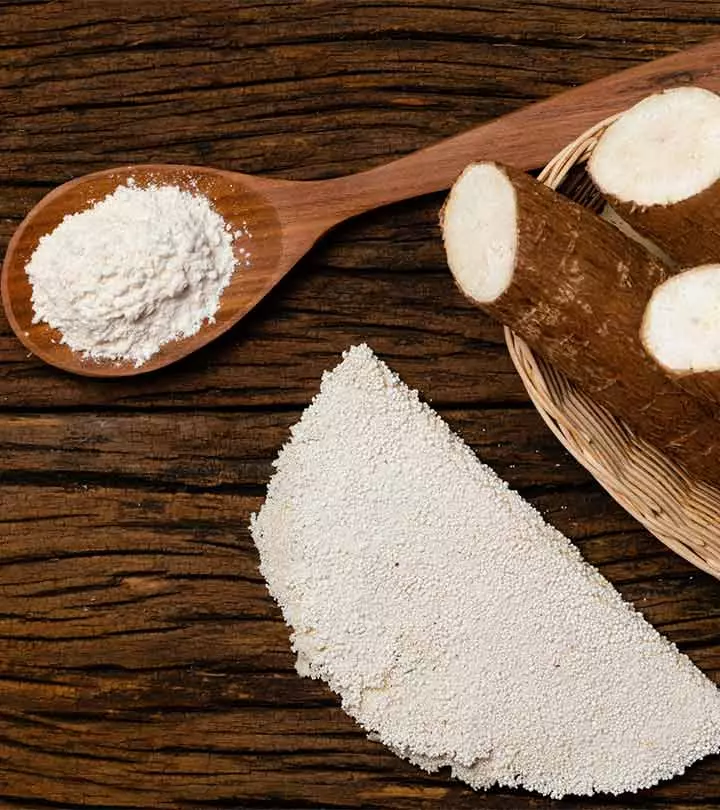
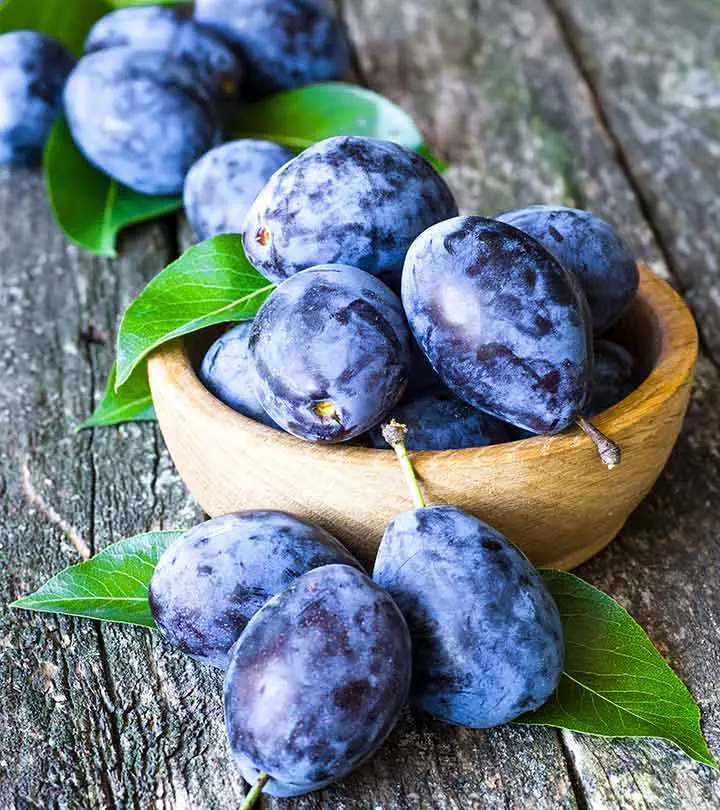
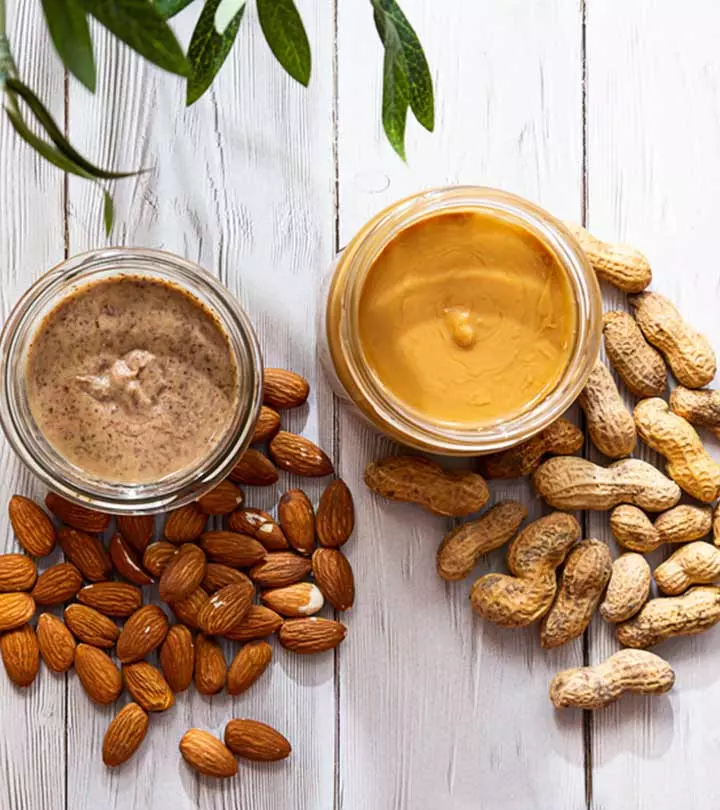
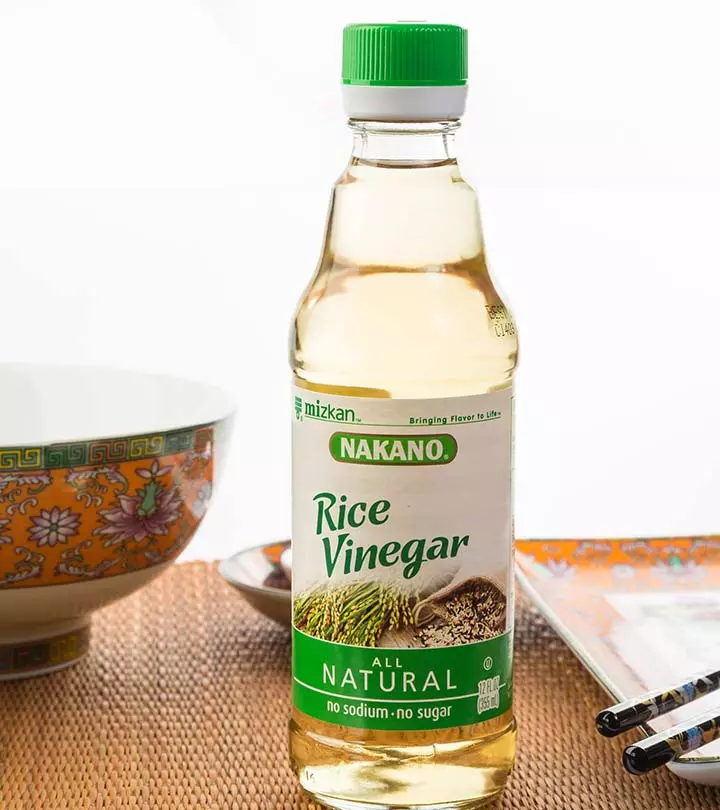
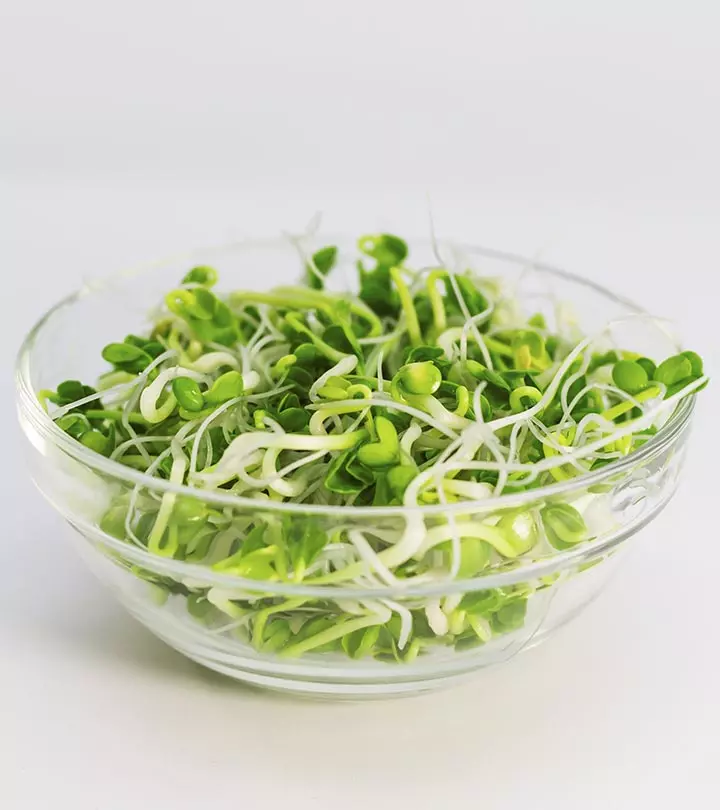
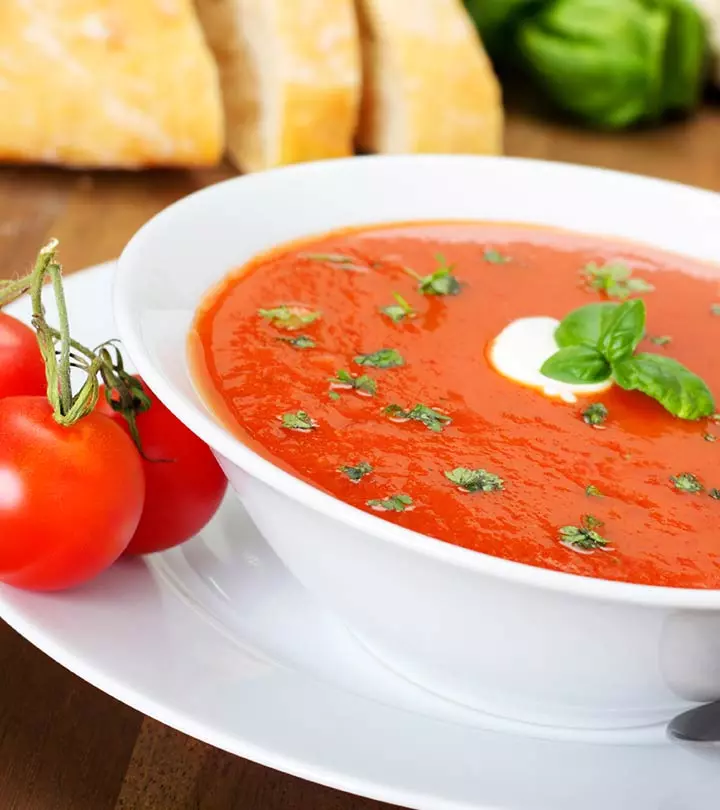
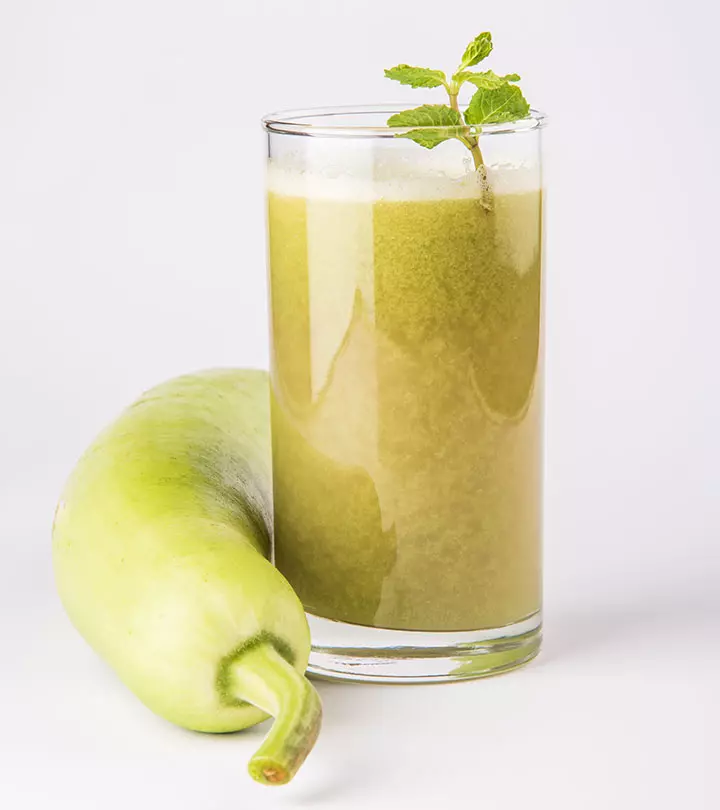
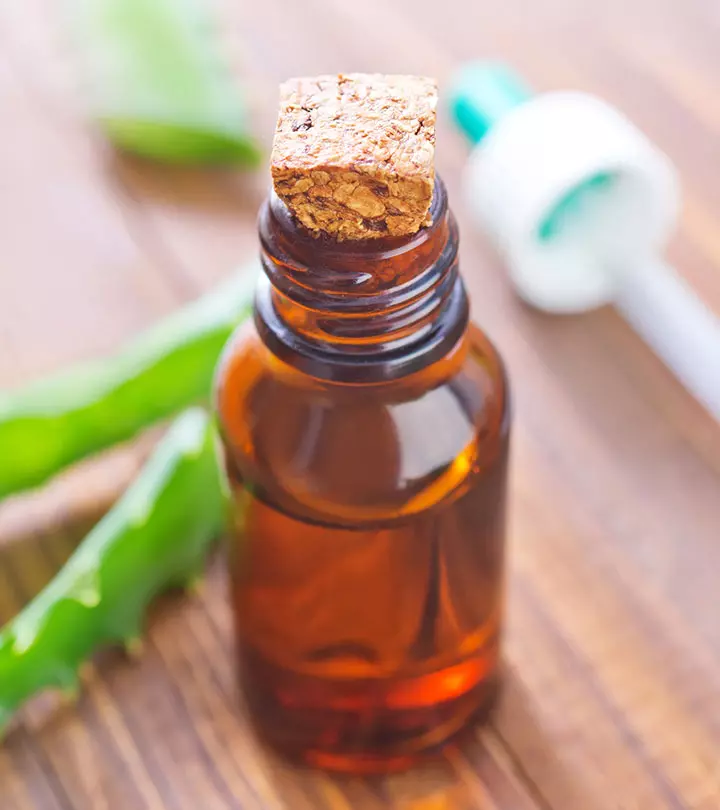
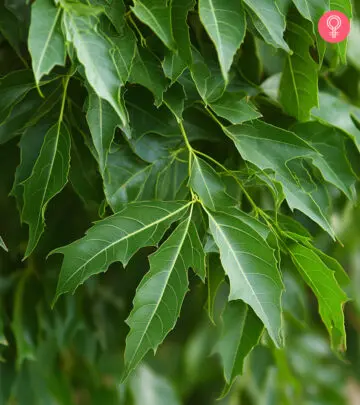
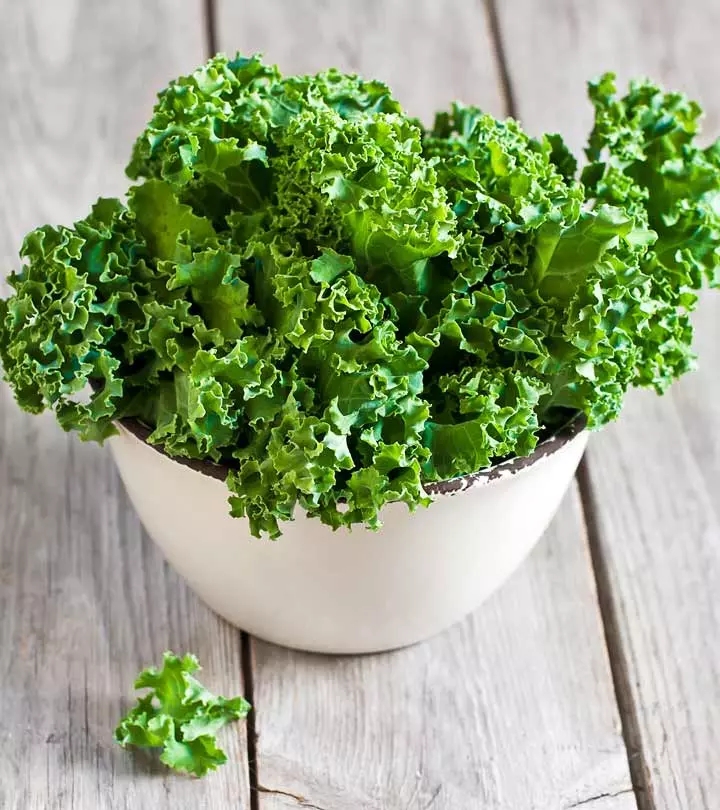
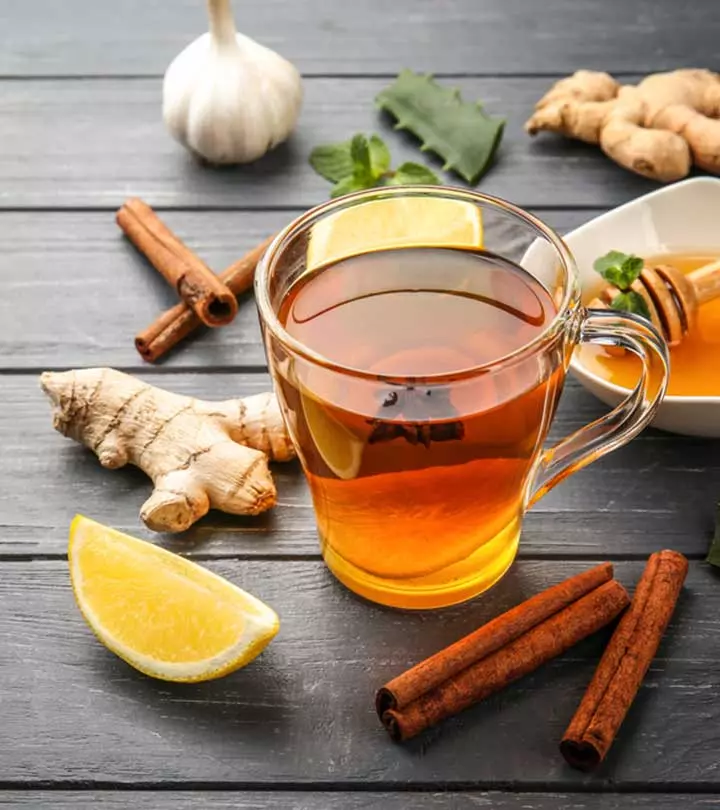
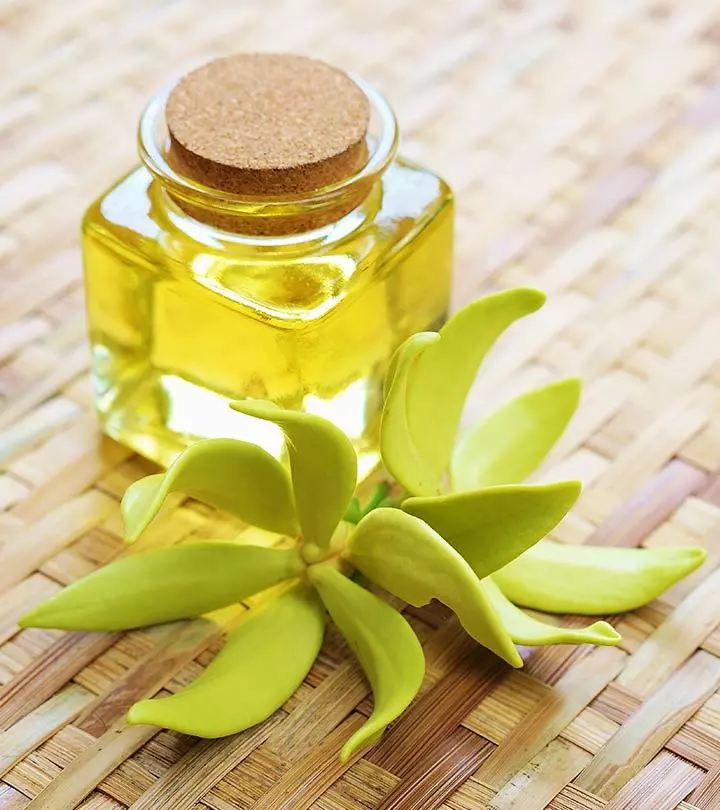
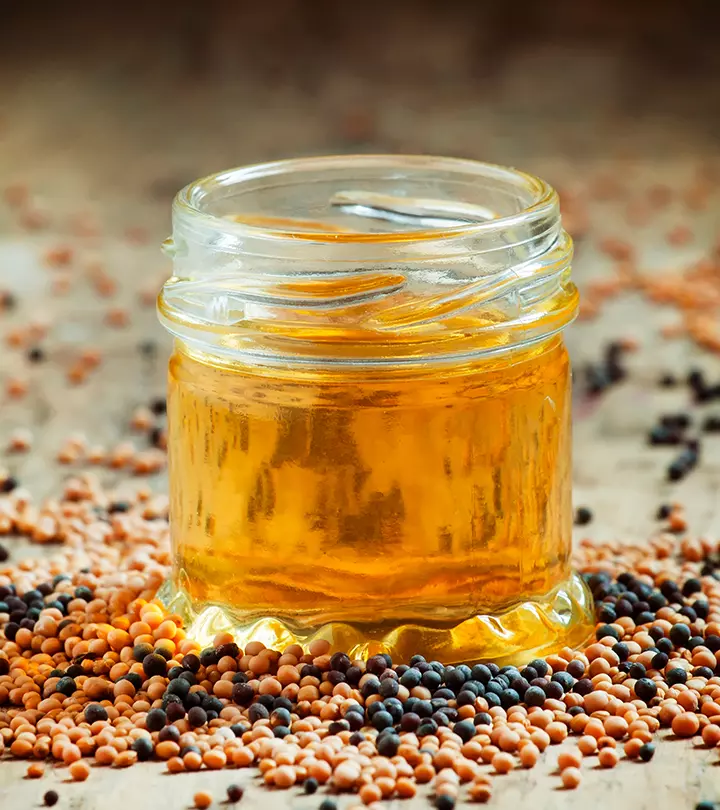
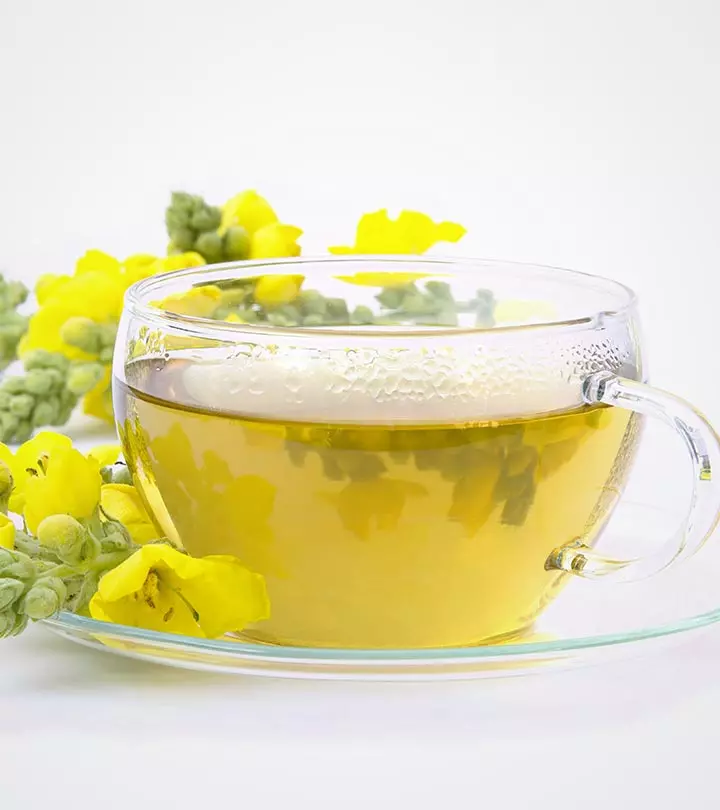
Community Experiences
Join the conversation and become a part of our empowering community! Share your stories, experiences, and insights to connect with other beauty, lifestyle, and health enthusiasts.